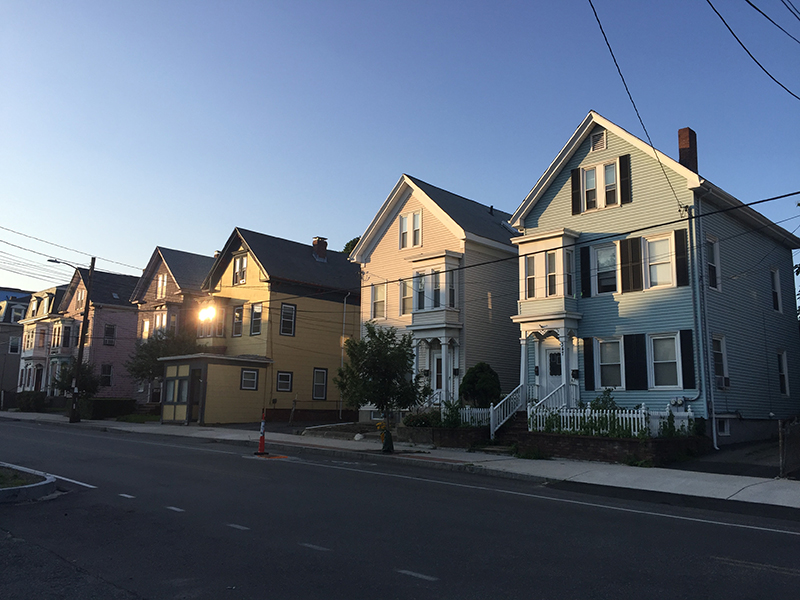
Housing affordability is finally emerging as a central issue in the 2020 primary.
Forty minutes into last night’s debate, MSNBC moderator Kristen Welker asked relative newcomer Tom Steyer why he was the “best person to fix this problem”. Steyer, a California native, responded:
“When you look at inequality in the United States of America you have to start with housing … What we’ve seen in California is as a result of policy where we have millions too few housing units and that affects everybody in California,” Steyer explained.
Following Steyer’s lead, Sen. Warren added, “Our housing problem in America is a problem on the supply side,” before detailing her proposal to build 3.2 million new housing units throughout the country.
Sen. Booker also chimed in — plugging his proposal to give tax credits to Americans who spend more than one-third of their income on rent.
While advocates were thrilled housing emerged as a central moment in the debate, it’s clear that there’s still more that needs to be done to combat the trends outlined on-stage.
Across the country, people are feeling squeezed by the ever-increasing cost of living — especially housing prices and rent. Commonsense solutions that prioritize increasing supply and incentivize the construction of a variety of housing options at multiple price points need to be the central focus.
That means doing the hard work of ensuring housing gets built. That means being brave enough to call out deeply flawed, quick-fix proposals that don’t actually address affordability, such as rent control. And that means speaking up when NIMBYism, mandatory inclusionary zoning and outdated zoning restrictions stand in the way of real progress and make housing affordability challenges even more severe. It requires taking a serious, all-of-the-above approach to tackling the affordability crisis that delivers the relief hardworking families deserve.
Americans, who are increasingly turning their attention to the 2020 election, will hopefully hear more from candidates on their plans to overcome our housing affordability challenges.




